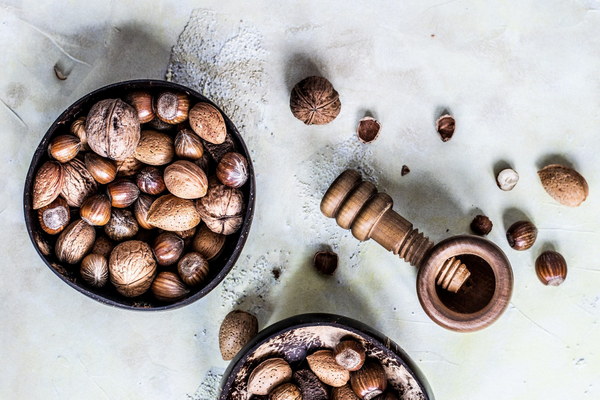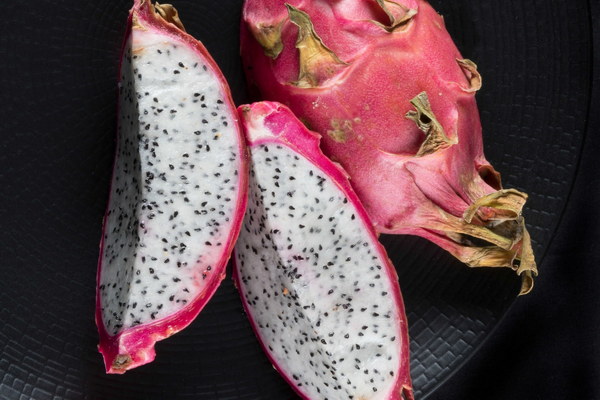Natural Remedies for Lung Detoxification Exploring Herbs That Clear and Nourish the Lungs
Natural Remedies for Lung Detoxification: Exploring Herbs That Clear and Nourish the Lungs
In the pursuit of overall health and wellness, the lungs often take a backseat despite their crucial role in oxygenating our bodies. One effective way to support lung health is through the use of natural remedies, specifically those that have a reputation for clearing and nourishing the lungs. These herbs, known as jie bai yu or expelling exterior and nourishing the lungs herbs, are widely used in traditional Chinese medicine (TCM) and have been utilized for centuries to alleviate respiratory issues. Let's delve into some of these remarkable herbs and their potential benefits.
1. Elderberry (Sambucus nigra)

Elderberry is a well-known herb with a variety of health benefits, but it is particularly effective for lung health. The berries and flowers of the elderberry plant contain flavonoids and anthocyanins, which have been shown to reduce inflammation and act as natural antiviral agents. This makes elderberry an excellent choice for those looking to support their immune system and respiratory health.
2. Mullein (Verbascum thapsus)
Mullein is another herb that has been traditionally used to clear the lungs and respiratory passages. Its soothing properties help to reduce irritation and inflammation in the throat and bronchial tubes. Mullein can be consumed as a tea or inhaled as a steam to help relieve symptoms of coughs, colds, and bronchitis.
3. Horehound (Marrubium vulgare)
Horehound is an herb that has been used to treat respiratory conditions since ancient times. It contains compounds that can help to loosen mucus, making it easier to cough up and clear from the respiratory tract. This makes horehound particularly useful for individuals with chronic coughs or bronchitis.
4. Licorice Root (Glycyrrhiza uralensis)
Licorice root is a well-regarded herb in TCM for its ability to clear heat and dampness from the lungs. It is often used in combination with other herbs to soothe the throat, reduce inflammation, and support the immune system. Licorice root can be taken as a tea or in tincture form, but it should be used with caution due to its potential to cause side effects, especially in high doses.
5. Elecampane (Inula helenium)
Elecampane is another herb that has been used to clear and nourish the lungs. It contains inulin, a prebiotic that can help support the health of the gut microbiome, which in turn can positively impact respiratory health. Elecampane is often used to treat asthma and other respiratory conditions.
How to Use These Herbs
While these herbs offer potential benefits for lung health, it's important to use them correctly. Here are some guidelines:
- Consult a Healthcare Professional: Before starting any new herbal treatment, it's crucial to consult with a healthcare professional, especially if you have underlying health conditions or are taking other medications.
- Prepare the Herbs: Herbs can be consumed in various forms, including teas, tinctures, or capsules. Follow the instructions on the product or as recommended by a healthcare provider.
- Monitor Your Reaction: Pay attention to how your body responds to the herbs. If you experience any adverse effects, discontinue use and consult with a healthcare professional.
Conclusion
The lungs are vital to our well-being, and using natural remedies such as elderberry, mullein, horehound, licorice root, and elecampane can be a valuable addition to a lung health regimen. By incorporating these herbs into your wellness routine, you may help to support your respiratory system and enhance overall lung function. Always prioritize safety and consult with a healthcare provider to ensure that the herbs you choose are appropriate for your individual health needs.









